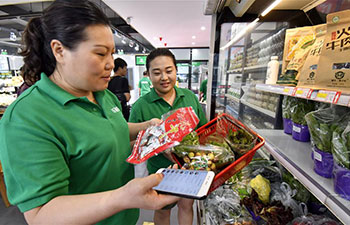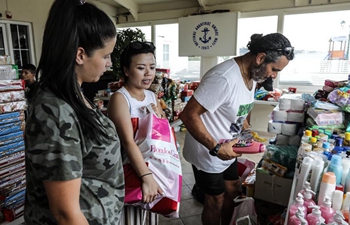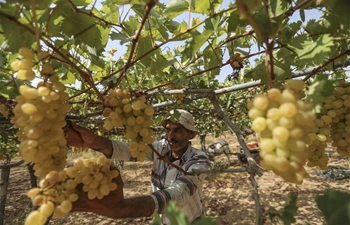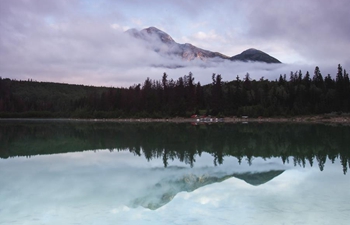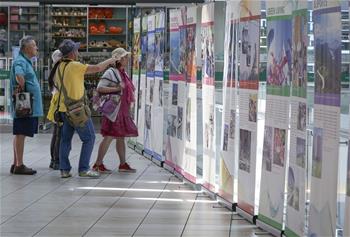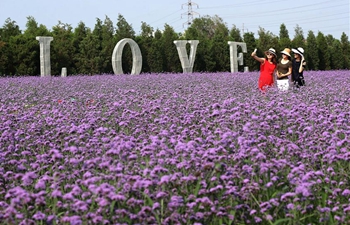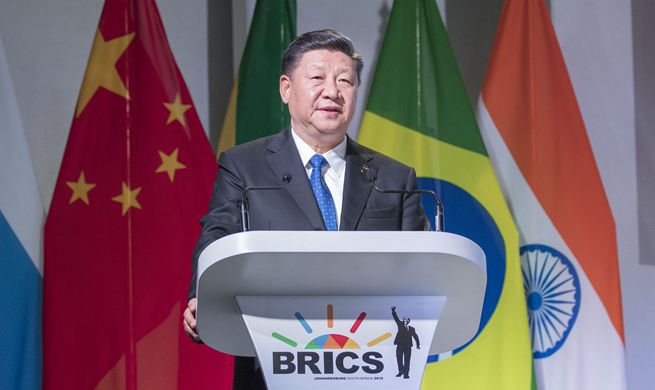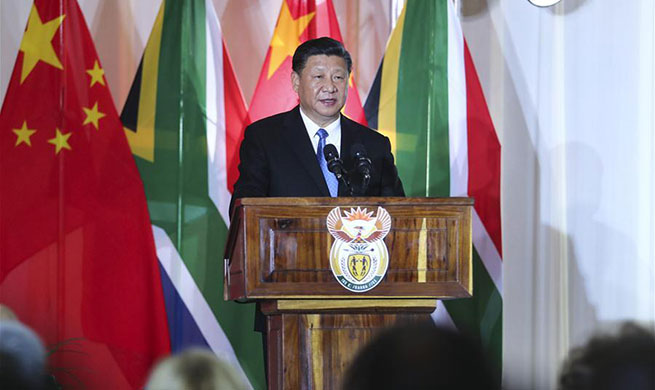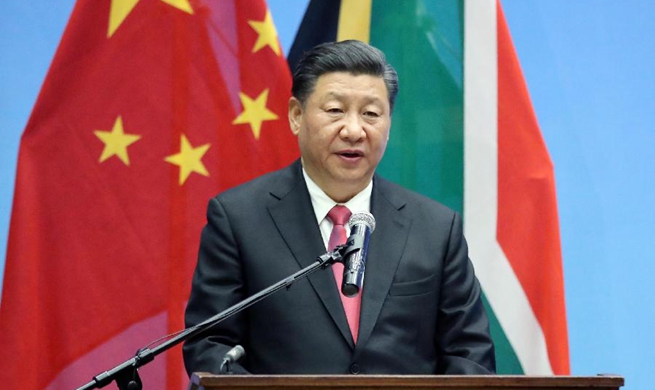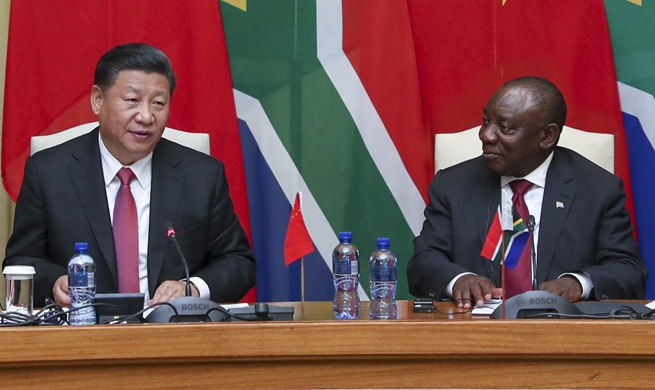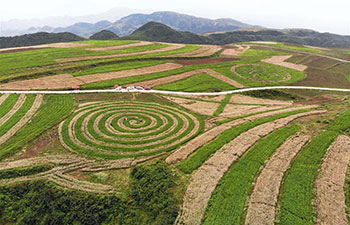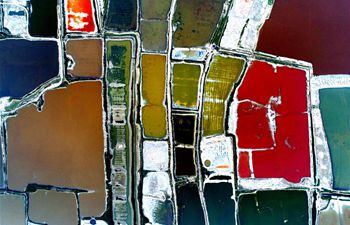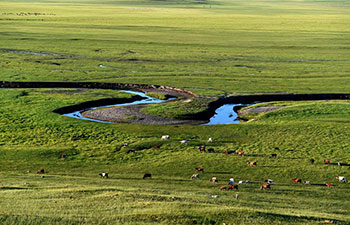UNITED NATIONS, July 26 (Xinhua) -- Opening the first meeting of its 2019 session Thursday, the United Nations Economic and Social Council (ECOSOC) elected, by acclamation, Inga Rhonda King as its new president.
The 54-member council, which serves as the principal organ for the socioeconomic and related work of the UN, also elected three vice presidents: Omar Hilale (Morocco) from the African states, Teodoro Lopez Locsin Jr. (Philippines) from the Asia-Pacific states, and Tore Hattrem (Norway) from the West European and other states.
Delivering her first remarks as president, King said that her main priorities in the coming year will be to deliver a successful high-level political forum and "to revive the ECOSOC."
Noting that there has been some dissatisfaction with the functioning of the council over recent years, she emphasized the need for "a restoration of the council's deliberative function."
Outgoing council president Maria Chatardova (Czechia) said the primary focus of her presidency had been the development of initiatives promoting sustainable, resilient and inclusive societies "through the involvement of all."
Throughout her presidency, participation was stressed as "an inherent tool" for the implementation of the 2030 Agenda for Sustainable Development, she said.
Elliott Harris, assistant secretary-general for economic development and chief economist, also delivered a statement, underlining that 2019 will be an important year, particularly as the high-level political forum met under the auspices of the ECOSOC and the General Assembly.
In other matters, the council also adopted its provisional agenda.
ECOSOC president is elected for a one-year term and chosen from the small or mid-sized powers represented on the ECOSOC.
ECOSOC serves as the central forum for discussing international economic and social issues and formulating policy recommendations addressed to member states and the UN system.
The council has 54 member states out of the 193 UN member states, which are elected each year by the General Assembly for overlapping three-year terms. Seats on the council are based on geographical representation with 14 allocated to African states, 11 to Asia-Pacific states, six to East European states, 10 to Latin American and Caribbean states, and 13 to West European and other states.




